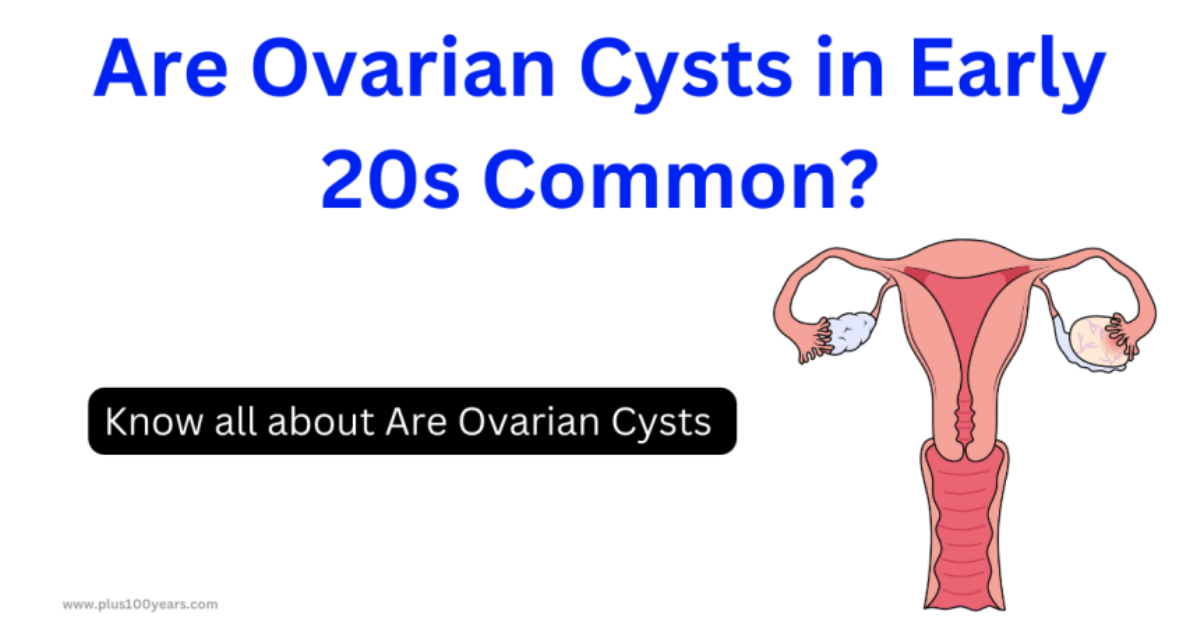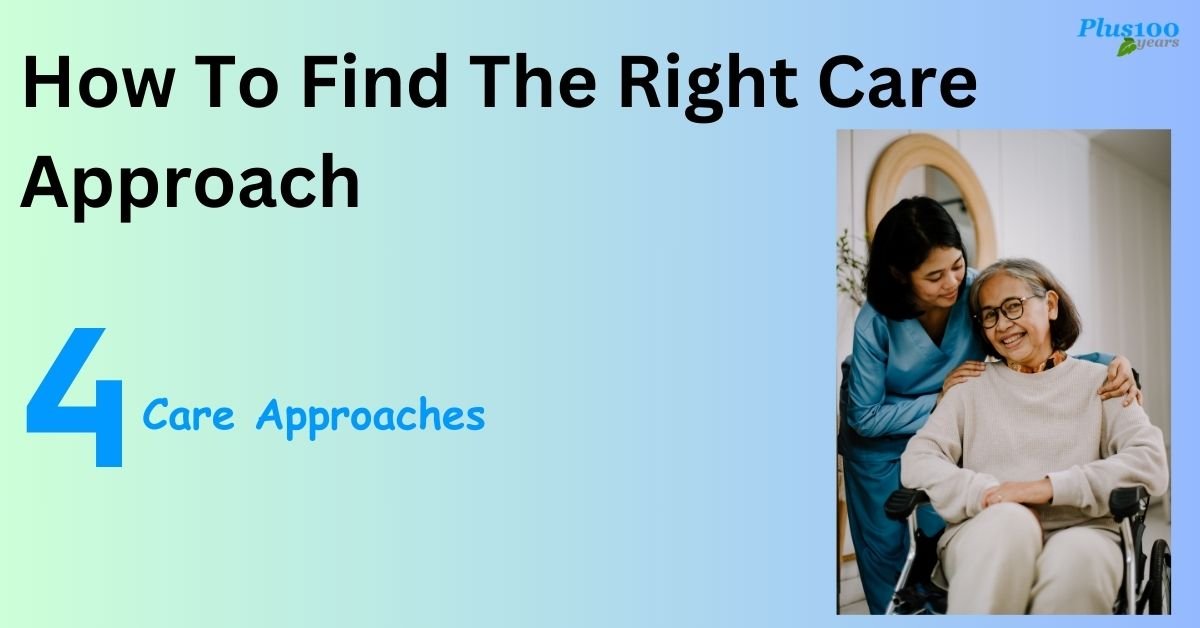Updated: 04-01-2024
Ovarian cysts are small, fluid-filled sacs that can form on a woman’s ovaries. They occur when a follicle, which normally holds an egg, doesn’t release the egg as it should.
Instead, it may not discharge its fluid and shrink. This would then make it swell and form a cyst. These cysts can be harmless and go away on their own.
However, in some cases, your doctor may recommend ovarian cysts removal in Singapore if your cysts cause discomfort or complications. Hormonal imbalances are the most common cause of ovarian cysts.
These imbalances can disrupt the normal process of egg release and follicle shrinking. Other factors that can also contribute to cyst formation include;
- Endometriosis
- Polycystic ovary syndrome (PCOS), and
- Previous pelvic infections
Are Ovarian Cysts Common in the 20s?
Many patients who visit our clinic for consultations on ovarian cysts do ask; can a 20-year-old have an ovarian cyst?
This is mostly the case when they get symptoms that they suspect could be related to ovarian cysts. Here’s a simple answer;
Females (about persons who belong to the sex that can have babies) can get ovarian cysts at any age. So, yes; ovarian cysts are common in women in their 20s. And, they are more frequently seen in young women during their reproductive years.
In many cases, ovarian cysts in the 20s are benign. So, they should resolve on their own without causing any significant health issues.
Also, worth pointing out is that in the vast majority of cases, ovarian cysts in the 20s are small and symptomless. This means that you may develop the cysts but not even be aware you have them.
However, if you develop larger cysts or those that don’t resolve on their own you may experience discomfort and pelvic pain. You may also get irregular menstrual periods.
How do you know if you have Cysts on Ovaries?
Ovarian cysts may not always show symptoms, but when they do, you might experience pelvic pain, which can vary from dull and heavy to sudden and sharp. Pain during sex could also be a sign.
The cysts may cause trouble if they rupture, grow large, or twist, blocking the blood supply to the ovaries.
Regular check-ups and ultrasound exams are essential for detecting cysts.
If you encounter any of these symptoms, don’t ignore them; consult a healthcare professional promptly to determine the best course of action.
Early detection and treatment can prevent complications and ensure better reproductive health. Here are eight more facts to know about ovarian cysts;
- Causes and Risk Factors: Ovarian cysts can develop due to various reasons. Functional cysts for example, usually form when the follicle fails to release an egg during ovulation.
It may also form due to the egg sac not dissolving after release. - Hormonal imbalances, endometriosis, and polycystic ovary syndrome (PCOS) can also contribute to cyst formation.
And while most cysts are not cancerous, there are certain risk factors attached to them.
These include a family history of ovarian cancer, a personal history of ovarian cysts, or older age. - Signs and Symptoms Of Ovarian Cysts: Ovarian cysts may not show any symptoms. That explains best why they’re often discovered incidentally during routine pelvic exams or ultrasounds.However, when symptoms do occur, they can include pelvic pain. This pain may range from mild discomfort to sharp, and severe, especially during certain activities like sex or bowel movements.
Other symptoms may involve bloating, feeling fullness in the abdomen, and changes in menstrual cycles.
- Diagnosis and Screening: Please, see a doctor if you experience persistent pelvic pain or other concerning symptoms.A doctor will perform a physical examination and may order imaging tests like ultrasound, MRI, or CT scan to visualize the ovaries and identify the presence of cysts.
Transvaginal ultrasound is one of the most common and effective methods for assessing the size, shape, and composition of ovarian cysts.
- Treatment Options: The treatment approach for ovarian cysts isn’t the same. They vary depending on factors like the type, size, and symptoms experienced.Functional cysts often resolve on their own within a few menstrual cycles.
So, they may not require intervention.However, if a cyst is large, causing severe pain, or is suspected to be complex, the doctor may recommend further evaluation.
These assessments may include blood tests and biopsy, to rule out malignancy.
In such cases, surgery to remove the cyst (cystectomy) or the entire ovary (oophorectomy) may be necessary. - Potential Complications: Most ovarian cysts are benign. However, they can lead to complications if left untreated or if they rupture or twist.
Ruptured cysts can cause sudden and severe abdominal pain. They may also lead to internal bleeding.Ovarian torsion is a condition where the cyst causes the ovary to twist.
It can cut off the ovary’s blood supply, resulting in severe pain and potentially requiring emergency surgery. - Impact on Fertility and Pregnancy: Functional cysts typically do not affect fertility.
So, there are good chances of conceiving naturally if you have them.
However, in some cases, complex cysts or surgical interventions to remove them may impact fertility.It’s still essential to discuss fertility concerns with your ob/gyn. This is particularly important if you’re planning to conceive. - Prevention and Lifestyle Measures: Now, ovarian cysts cannot always be prevented.
However, certain lifestyle changes can help you reduce the risk of developing complex ones.For example, maintaining a healthy weight, managing PCOS if diagnosed, and using birth control pills may help regulate hormones and prevent the formation of certain types of cysts.Also, regular check-ups and open communication with your doctor can aid in the early detection and prompt management of any cysts that may develop.
- Seeking Medical Attention: Don’t hesitate to seek medical attention if you experience persistent pelvic pain, abnormal menstrual cycles, or any other concerning symptoms.Early detection and diagnosis of ovarian cysts are essential for appropriate management.
Early diagnosis can also help you rule out any serious underlying conditions.Your gynecologit can provide personalized guidance and support throughout the evaluation and treatment process.
Closing Thoughts
Ovarian cysts are relatively common in women in their 20s. However, they are mostly harmless and part of the natural menstrual cycle.
Schedule an appointment with a gynecologist for a thorough exam if you experience troubles you suspect could be due to ovarian cysts.
After a careful assessment, they will help you understand if you indeed are troubled by ovarian cysts and if they warrant removal.




